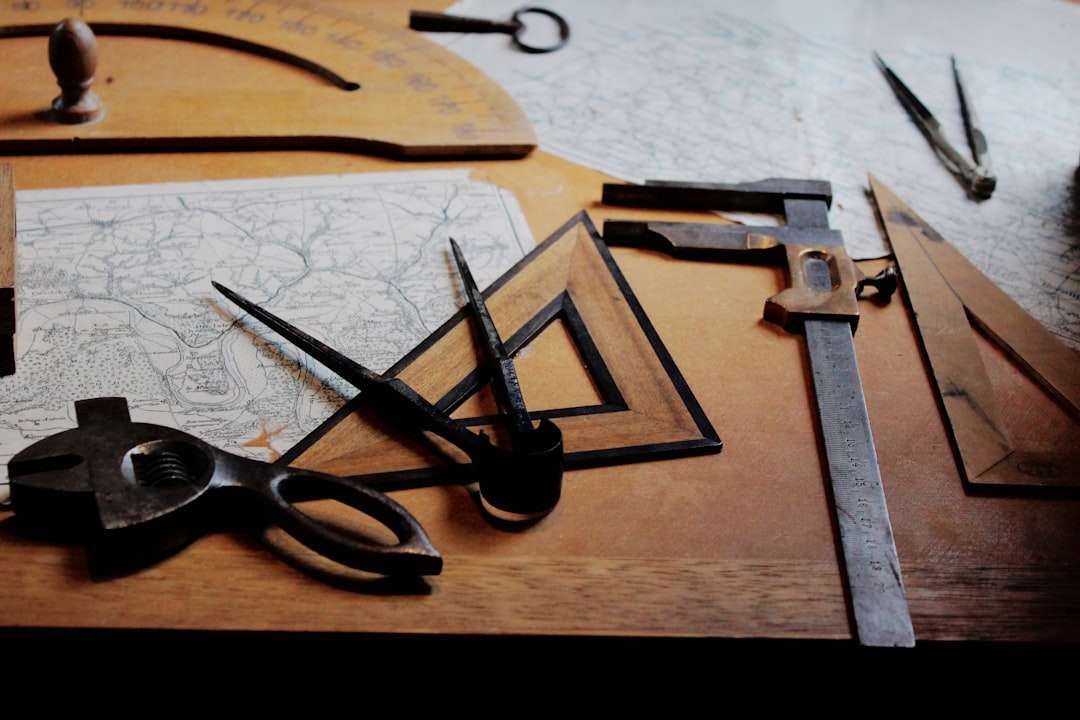Breitner and the snapshot
25/02/15 17:39
Yesterday I visited the town of Dordrecht to pick up a box of Adox films (CHS 100 II). This film has a classical emulsion on a most modern back layer with two anti-halation layers. Once the focus on fine grain was the holy grain in BW photography, but now the focus is on edge detail and outlines. That some grain may be visible, adds to the flavor of the print. There is still a technical and emotional difference between a black area made from silver halide and one composed of printer inks ad a white area that is simply bright paper (inkjet print) and a white that is made from the reflection of a silver halide layer.
The second reason to visit Dordrecht was the (small) exhibition in the Dordrecht Museum of pictures made by Breitner around 1900 with his Kodak box camera. Breitner was a Dutch painter, but also a passionate street photographer and, noblesse oblige, produced pictures of nude models as inspiration for his paintings. I am by the way always amused by the use of the term ‘nude pictures’, now popular again because of the stolen selfies of more or less famous individuals. A picture cannot be nude, as a person can. We have pictures of nude persons.
Anyway: Breitner was a master of street photography, long before the genre became the focus of attention of Leica photographers. His pictures are outstandingly good examples of real black-and-white prints, when a master printer is in the darkroom. Due to technical limitations of the Kodak box and used film, some pictures are blurred an/or a bit under exposed, but they do show exactly what the painter saw. In my book “Leica Practicum” there is an extended discussion about the differences between seeing with the eye and seeing with the camera, but in Breitner’s case the difference is small. His pictures are true snapshots, in my view the best genre for photography and fully neglected by current photographers. The so-called modern street photography, as exemplified by current artists who stage the scene, is far removed from the original snapshot and the selfie is a totally different genre. It is not a coincidence that snapshots were the preferred domain of painters, because the snapshot shows you what the eye missed when looking at a scene. It is part of the unconscious reality, that only photography can capture in a scientific (unbiased) way.

